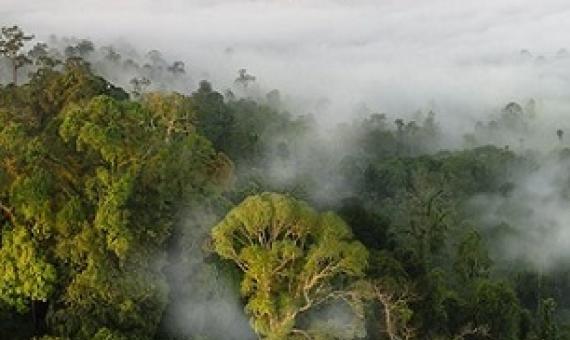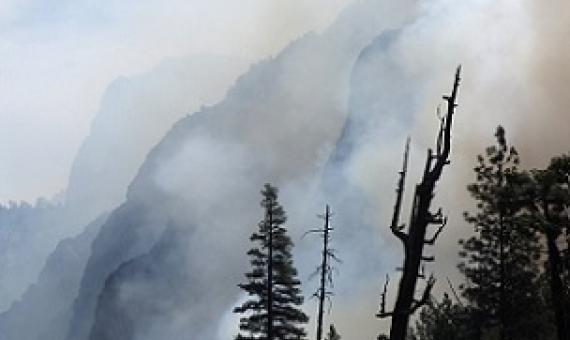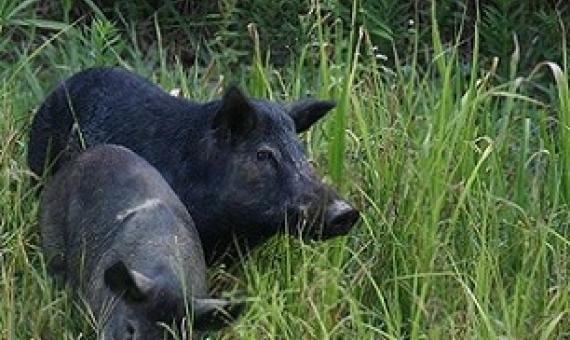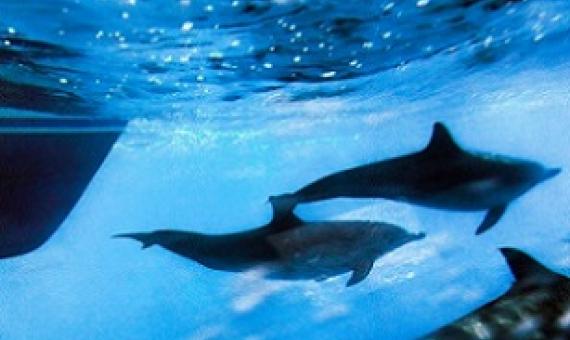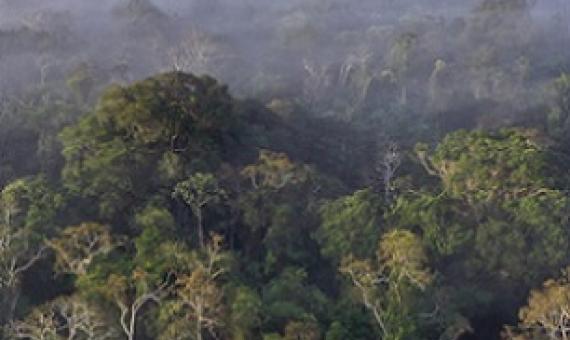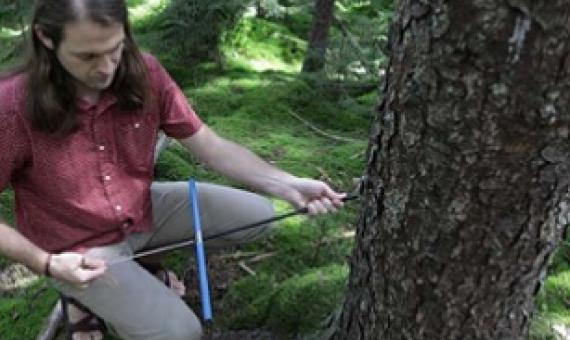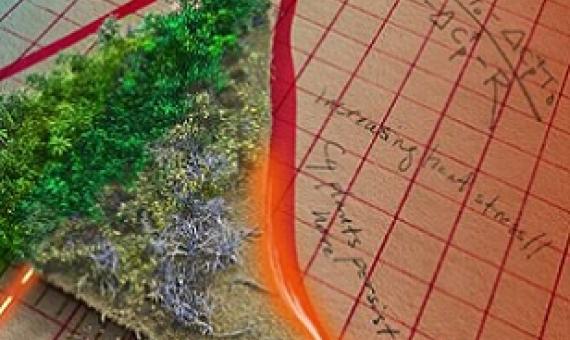Conservationists contend that the carbon offset market boom is prioritising the protection of high-carbon areas potentially at the cost of wildlife that lives in areas of lower carbon stock.
Sites containing some of the world's most treasured forests, including the Yosemite National Park and Indonesia's Sumatra rainforest, have been emitting more heat-trapping carbon dioxide than they have absorbed in recent years, a U.N.-backed report said.
Whether you call them feral pigs, boar, swine, hogs, or even razorbacks, wild pigs are one of the most damaging invasive species on Earth, and they’re notorious for damaging agriculture and native wildlife.
Earth’s oceans have been losing oxygen for decades due to global warming, and a new study suggests that these oceans will continue to do so for centuries, even if humans stopped all CO2 emissions immediately.
Fishing boats that trawl the ocean floor release as much carbon dioxide as the entire aviation industry, according to a groundbreaking study.
A pair of recent studies show that rising temperatures are shortening the lives of trees in tropical forests and reducing their capacity to absorb carbon dioxide from the atmosphere...Forests play a major role in fighting global warming, but the authors of the recent studies say we shouldn’t be o
New research from West Virginia University biologists shows that trees around the world are consuming more carbon dioxide than previously reported, making forests even more important in regulating the Earth's atmosphere and forever shift how we think about climate change.
The virtual conferencing that has replaced large, in-person gatherings in the age of COVID-19 represents a drastic reduction in carbon emissions, but those online meetings still come with their own environmental costs, new research from the University of Michigan shows.
It's not just to hide clutter anymore—add "saving the planet" to the reasons you leave the camera off during your next virtual meeting. A new study says that despite a record drop in global carbon emissions in 202
Earth's ability to absorb nearly a third of human-caused carbon emissions through plants could be halved within the next two decades at the current rate of warming, according to a new study in Science Advances by researchers at Northern Arizona University, the Woodwell Climate

